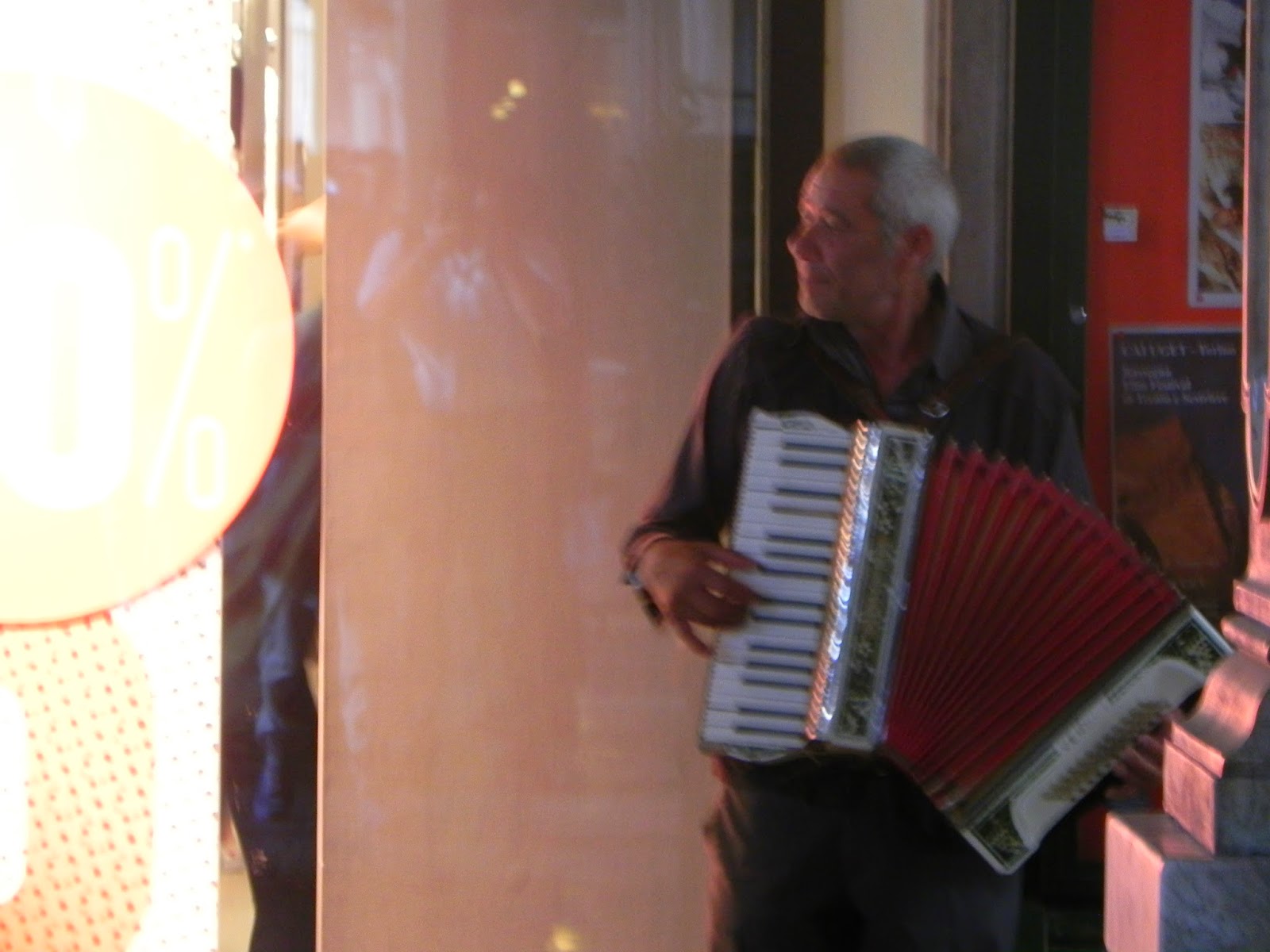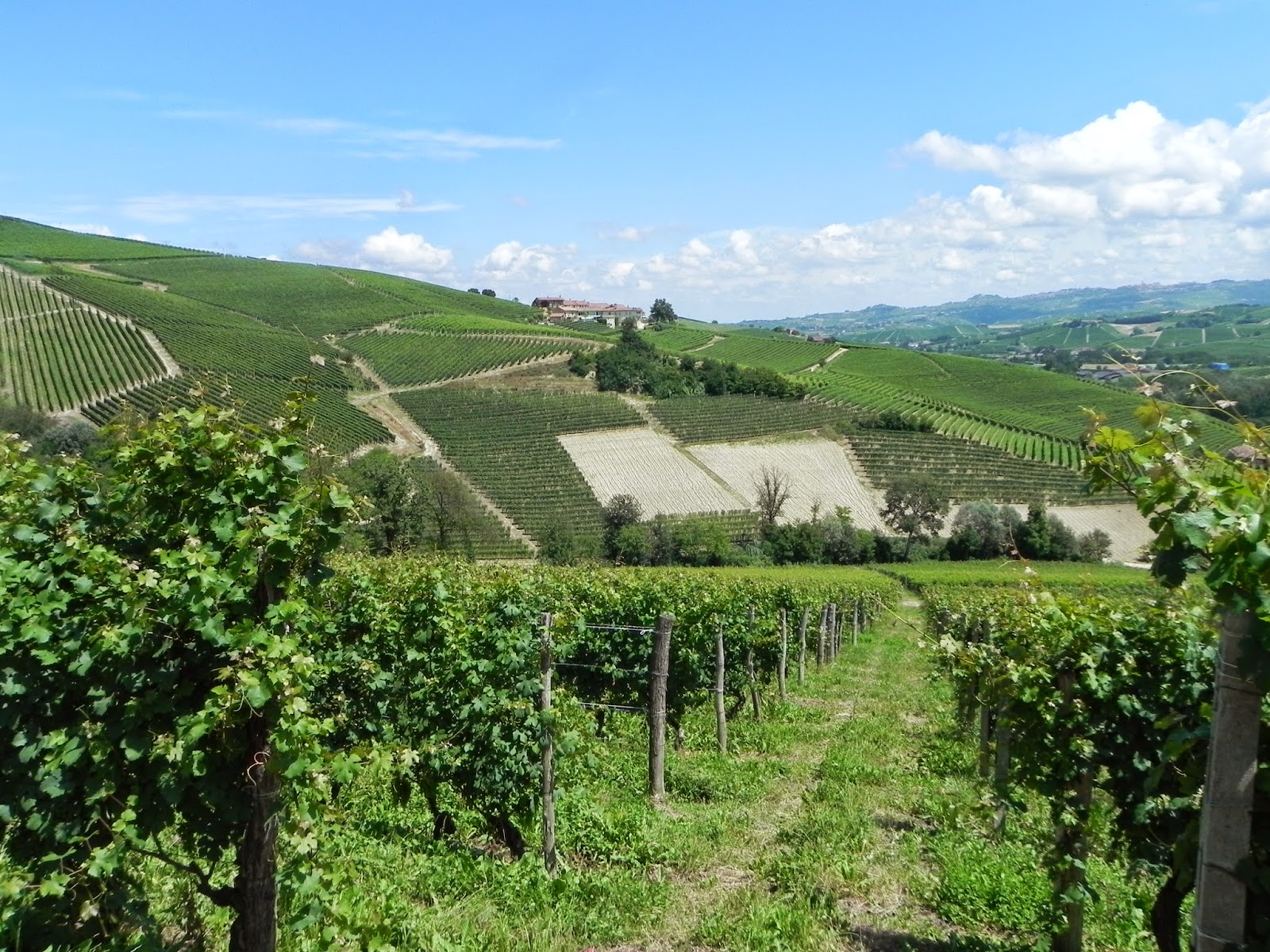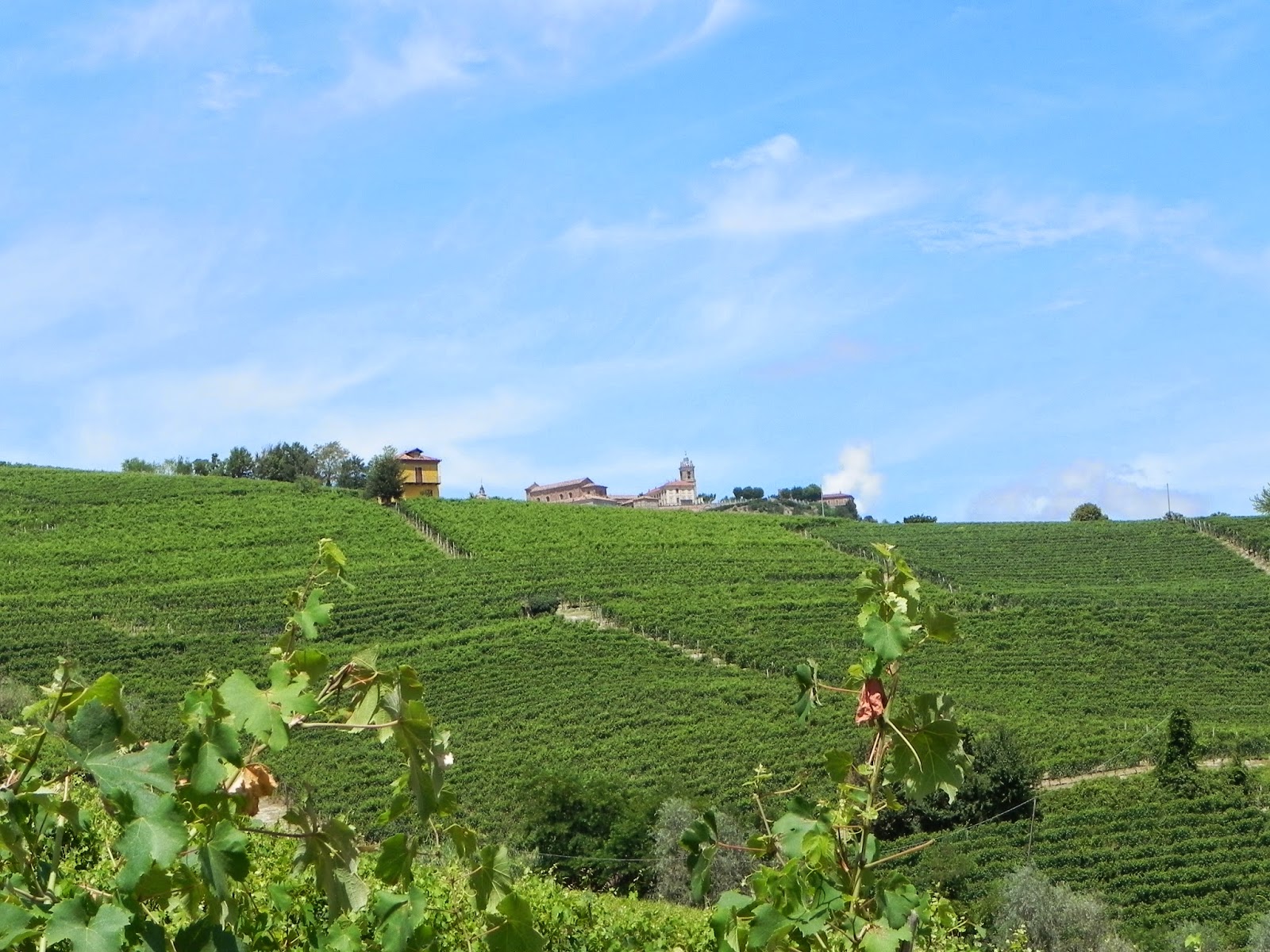*signal lost sound* The following are a series of conjectures and reflections made by one man slightly buzzed on chianti and high off of the things and experiences he has just had. In no way are these meant to be definitive statements on the nature of human experience and/or perception *static*
Ask anybody who might know me and they’ll tell you what an awful driver I am. Furthermore, I’ve mentioned on numerous occasions to plenty of people that the biggest failure of humankind thus far has been that we STILL don’t have the ability to teleport from point A to point B. Main reason is that I’ve never enjoyed the experience. Perhaps driving in northern New Jersey had ruined me to it’s charms (rt 17 at rush hour will do that to a person). This all seemed to disappear into oblivion when I drove from Torino to Siena yesterday. It was a barrage of visuals that I had never seen before- the coast line; the architecture; the landscape. I probably pissed off many a driver by going right on or below the speed limit, but I didn’t care. I might have developed lockjaw from keeping my mouth open as long as it did. It was a five hour drive but I almost didn’t want to reach my destination. It’s at once surreal and natural. It is so many things and yet it is absolute serenity. Humans in the modern age (although I want to shy away from making sweeping statements like this, I’m gonna do it anyways) have a tendency to approach these immediate experiences with disbelief; ‘wow it looks just like it does in the movies’ ‘it’s like something out of a painting’. It’s as though the things that we’re perceiving and shocking us into amazement cannot be real. Surely, such things do not exist in actuality! Many times I felt the urge to pull my car over and take thousands of photos. That was until I came to the realization: could I ever hope to replicate this unique/subjective experience and feeling? Why would I want to? To whom would I want to? I find it interesting that many of our inclinations, post disbelief, are towards sharing. I HAVE TO SHOW THIS TO so and so! THEY WONT BELIEVE WHAT I’M SEEING. Fact of the matter is, the minute that landscape, that moment, is captured on a memory chip it ceases to be unique. It only conjures up vapors of that uniquely visceral moment that you or somebody else felt while they were there. It will never add up to the full effect; it’ll only get you so high until you need the next fix. It becomes a commodity.
Rather than launch into an analysis/ discussion of Walter Benjamin’s essay, I’d rather reflect on what these types of experiences mean in today’s epoch and, further more, how we’ve reached the logical mutation of art as a reproducible phenomenon. More was lost than Benjamin could have ever imagined.
To clarify on the outset: this is not a diatribe of a luddite. I mean, hell, I’m dependent on this technology to get from point A to point B in this country and how else am I to communicate with you fine folk? I’m just as dependent, more so than most, on varying forms of technology to mediate and shape my phenomenal world. But, as the bard Bob Dylan said, “you can always go back, but you can’t go back all the way.” There is no return to the absolute, unmediated, immediate experience. You cannot undo what technology has wrought. But you can take those glimmer’s of real experiences- such as the tuscan country side and, of course, honest, principled wine making- and use it to inform the ways in which we allow technology to shape our lived experience. I wanted to clarify this because, without digressing too much, there seem to be two camps: Technology as messiah and Technology as destroyer of worlds. To step in either of them fully is to miss the point. Our social existence is effected either which way. We should stop playing with our toys and begin to ask the types of questions that make us wonder whether or not these are the things we should use our toys for. I remember talking about this at an undergraduate philosophy conference and someone brought up calculators and whether or not they cause this same level of alienation (mind you technologies such as the abacus were used by ancient Incan's. But that’s neither here nor there). That person was a boob. What I’m referring to, making this absolutely pristine, are technologies that shape and give meaning to our social lives. Camera’s, social media (the two are tied together), the internet (also tied with the other two); things like these that filter the lived experience. They effect our ability to feel authentically. To be sure, that is a very ephemeral statement, but everything that these types of technologies strive to accomplish is strictly a replication. Replication of what I’m looking at through my eyes; replication of immediate and intimate social relations. They can never be authentic because it is intrinsic in their nature; all they can ever hope for is to capture a memory of a feeling.
I am aware of the fact that I cannot express all that I want to in this blog post simply by the nature of the fact that (a) I doubt anybody would read it all (b) I haven’t thought it all entirely out and (c) these are simply my reflections and ramblings after experiencing the phenomenon of the Tuscan landscape for the first time. I am not trying to lay out my magnum opus here. That immediacy was fleeting; I had a better chance of catching a dandelion after the wind had kissed it. But it’s immediacy was transcended, not by technology, but by thought and reflection. Visceral, immediate experiences force thought beyond just that. It compels, demands thought to think beyond what was just witnessed. It forces questions of ourselves. Nature simply gives zero fucks; it’s there and it unconsciously follows the laws of reason. It will do so with or without our stupid existence. I guess I can close this reflection, before recounting today’s winery visits, by saying, as fortune cookie, new age-y, and stupid as it sounds…just soak the experience in. Don’t interrupt it. Don’t try to document it. Your brain is doing it anyways. People on the internet can manufacture experience and truth- be it through photoshop or constructing some form of a person you would like to be via Facebook- start trying to live life in other ways. I would rather use social media to spread fart jokes than some sort of consciousness. The former can be replicated effectively through a multitude of mediums (all of which I’m familiar with); the latter can never be fully replicated. If you’re content with eating epiphenomenal TV dinners the rest of your live then
va fanculo.
….
Allora,
I’ll skip the first night in Siena because, well, it was awesome but uneventful (aside from me getting lost for an hour inside the city walls. It’s a fortified city and a fucking maze. I’m sure you’re tired of hearing about me getting lost.) I woke up at 7:30, drank an espresso, read the International NY Times and hit the road. My first stop, and where I was staying for the evening, was Castello di Meleto. When I say this place is loaded with history I mean it. I’m not just talking about the fact that this castle has existed since 1256; it was a central location during the fighting between the Sienese and the Florentines WAYYYY back when. Allora, story time children: If you go shopping and you’re looking for a Chianti, you’re bound to see that same rooster sticker on every bottle. The rooster has become a symbol of sorts for the region. This was because, during these battles to establish the borders between the two warring sides, they would ride their horses at dawn to mark the lines off. The Sienese took to starving their roosters so they would crow earlier and, thus, allow the Sienese to get to the borders before those stupid Florentines. Whether this story has any truth to it is almost irrelevant. This place, as it stands now, is an example of agroturismo in italy and what a fucking cash cow it is. I have no idea how much it costs to stay here; I didn’t pay for it (hi haters). I can only imagine what it’s like to have a wedding here. These guys charge for the tasting and the tour, but the estate is set up to host weddings; one of which was happening during my stay. The building, the grounds, the affair- it’s all picturesque (talk about your manufactured experience eh?). Not to take anything away from this place, it truly is beautiful. The wines were quite good as well. However, the second winery of the day- Castello dei Rampolla- couldn’t be more the opposite of the first. When I say this place was off the beaten path I MEAN IT. I wound up being 20 minutes late because, after driving down nauseating, winding roads, I finally found the tiny ass sign leading me down an unpaved road to the winery. I entered the gates and was met by Maurizia d’Napoli (part owner) and her dog. An elderly, but endearing woman, she took me around and showed me the small parcels that they owned in about 10 minutes. Castello di Meleto has a ton of vines and in more than one place. This winery had it all in one spot and surrounding her estate. However, it was in what they called the “golden shell”; the sun, the micro climate, everything was just right in order to make GREAT wine. And that they do.
These guys have a history in Chianti and are MUCH more iconic and integral to making Italian wine what it is today. The thing that charmed me, and it was something that I got just by drinking it in New Jersey, was that this was a winery that stood by the courage of their convictions. They want to make the type of wine they want to make; no catering to an international market, no cutting corners, no nada. The wine, and in turn the grapes, do the talking and we’re just the preachers. You talk to brewers and winemakers alike and you ask them what is the most integral thing in the process, they’ll probably say cleanliness. The team at Castello dei Rampolla do, but within reason. There is mold growing on the cellar walls, they shun stainless steel fermenting and opt for concrete but (and here’s the cool thing) allow some open air fermenting. This allows the bacteria in the air to mingle with the fermenting wine. Something the winemaker Marco said to me drove it home, “You can have a sterile environment, you can use stainless steal, you can use modern technology and make really good, well balanced wine. However, if you lack the soil, the climate, and the overall growing environment (among other things) you will never make GREAT wine.” I’m very much inclined to agree with him because, to harp on the theme that seems to keep on in the various musings on wine I’ve done so far, what gives the wine an identity? What separates what I’m drinking here in tuscany now from what I was drinking in Piemonte a few days ago? I reduce it to all of these things- soil, climate, quality of grapes, acidity etc. etc. etc. but it isn’t reducible to a formula. Maurizia, talking about when they harvest, said it best “It’s different every year; we let the grapes let us know when.” That is not to say that there is no underlying, absolute truth to all of this. A good winemaker knows when to work with nature, when to bend it, and when he/she ought to bend to it’s will. Castello dei Rampolla is dedicated to what they call "the rational modern". Y
ou don't wholesale burn the house down; The past is negated and sublimated into the present and guides it to the future. I think that’s a philosophy that we can apply to multiple areas in our life and how we think about phenomena. This identity pierces through in the glass. It’s ephemeral and, yet, it could be nothing but that wine. Their wines speak with a tone of their own. I loved Castello di Meleto’s wines (and they were kind enough to put me up. Their hospitality went above and beyond.) but they clearly have a much larger, business oriented agenda. Castello dei Rampolla’s is different and translates accurately in the bottle. Their convictions, principles, and approaches to wine making are evident in their wines. They do not make fruity, international styled wine *cough*american market*cough* they make wines that stay true to themselves, express a sense of identity, and, what seems to be important to the majority of wineries in Italy, compliment the local foods.
Castello di Meleto (I'm in that building in the center next to the tall tree)
Tuscan Countryside (yes I'm aware of the irony of posting this after my diatribe but HEY it looks pretty)
Luca and Maurizia di Napoli (brother and sister owner of Castello dei Rampolla), and who I assume to be the next generation. I dunno stock photo.
Tomorrow, I will be journeying into the heart of Tuscan wine country and visiting Argiano- producer of some of the finest Brunello di Montalcino’s. In the meantime, leave me alone with my wine and my italian dubbed Little Nicky.
Adios turd nuggets.





























































.tiff)
